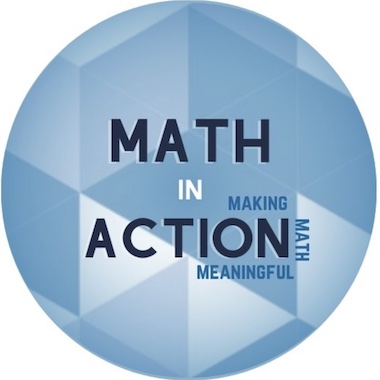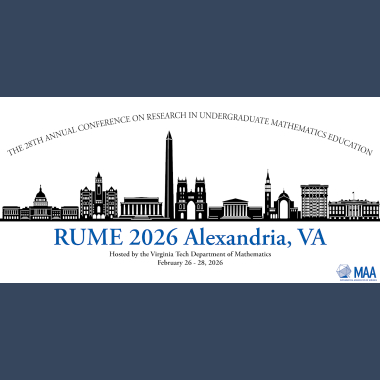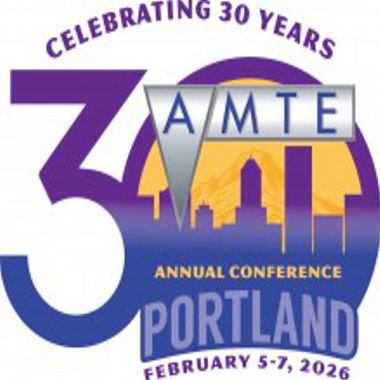Cruciani Awarded NSF Graduate Research Fellowship
Maria Cruciani has been selected to receive a 2024 National Science Foundation (NSF) Graduate Research Fellowship.
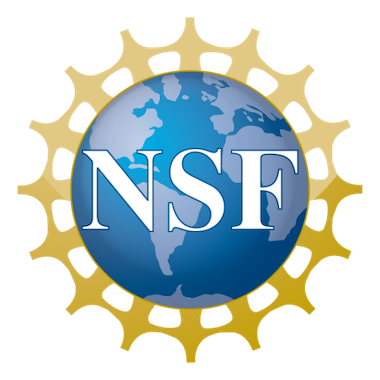 The NSF Graduate Research Fellowship Program (GRFP) was created “to help ensure the quality, vitality, and diversity of the scientific
and engineering workforce of the United States. The program recognizes and supports
outstanding graduate students who are pursuing full-time research-based master's and
doctoral degrees in science, technology, engineering, and mathematics (STEM) or in
STEM education. The GRFP provides three years of support over a five-year fellowship
period for the graduate education of individuals who have demonstrated their potential
for significant research achievements in STEM or STEM education.”
The NSF Graduate Research Fellowship Program (GRFP) was created “to help ensure the quality, vitality, and diversity of the scientific
and engineering workforce of the United States. The program recognizes and supports
outstanding graduate students who are pursuing full-time research-based master's and
doctoral degrees in science, technology, engineering, and mathematics (STEM) or in
STEM education. The GRFP provides three years of support over a five-year fellowship
period for the graduate education of individuals who have demonstrated their potential
for significant research achievements in STEM or STEM education.”
The financial support includes a stipend of $37,000 per twelve-month Fellowship Year to the student, and support to the college/university for tuition. Eligible applicants are to have completed no more than one academic year while enrolled in a graduate degree program.
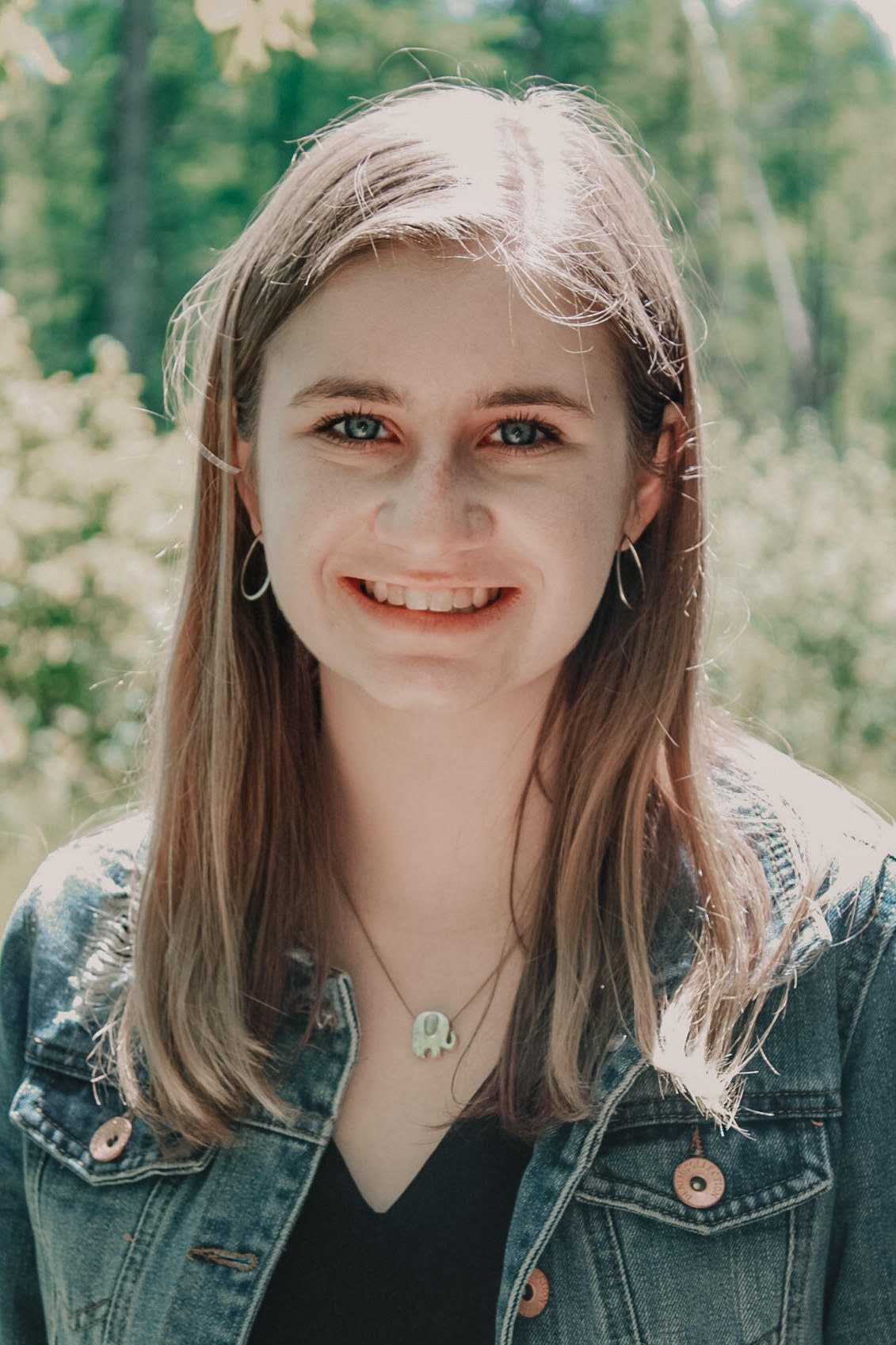 Maria is finishing her first year in MSU’s Mathematics Education doctoral program
in PRIME. She graduated in May, 2023 with an honors bachelor’s degree in Applied Mathematics
and Statistics from the University of Wisconsin-Eau Claire. Maria submitted her NSF
GRFP proposal last fall in the “STEM Education and Learning Research - Mathematics
Education” field of study, titled “Exploring Changes in Introductory Statistics Students’
Motivational Attitudes When Using Social Justice-based Lessons.”
Maria is finishing her first year in MSU’s Mathematics Education doctoral program
in PRIME. She graduated in May, 2023 with an honors bachelor’s degree in Applied Mathematics
and Statistics from the University of Wisconsin-Eau Claire. Maria submitted her NSF
GRFP proposal last fall in the “STEM Education and Learning Research - Mathematics
Education” field of study, titled “Exploring Changes in Introductory Statistics Students’
Motivational Attitudes When Using Social Justice-based Lessons.”
Maria explained that her study was motivated by her past experiences working with undergraduate students in introductory statistics. With many undergraduate students reporting negative attitudes toward learning statistics, she seeks to better understand how social justice-based lessons may inform students’ attitudes. Social justice-based lessons offer opportunities to demonstrate statistics' applicability and role in society and provide students agency in their understanding of the subject. Through newly developed lessons focused on women and gender minorities in STEM fields and society, students will cultivate their understanding of statistical concepts in meaningful contexts.
Mathematics Education faculty members Beth Herbel-Eisenmann, Jennifer "Jenny" Green, and Kristen Vroom met regularly with Maria as she prepared her NSF GRFP proposal.
Jenny, who is also Maria’s faculty advisor, commented, “Maria designed her proposed research study with less than two months of graduate coursework, an extraordinary accomplishment on its own. What impresses me the most is the potential of Maria’s research to transform introductory statistics education.”
Jenny explained, “At the undergraduate level, introductory statistics courses have historically been taught to students, focusing on their understanding of statistical concepts, rather than taught for students, igniting their agency in using statistics to change the world and challenge systems of oppression, harm, and marginalization.”
She continued, “By offering the statistics education research community insight into students’ motivational attitudes toward learning statistics and the ways in which these attitudes are informed by the value they find in being able to read and write the world using statistics, Maria’s research has the potential to broadly impact countless undergraduate statistics students from diverse backgrounds and their statistics teachers as well as promote inclusivity in Mathematics and Statistics, a priority Maria holds personally meaningful and centers in all her work. Engaging in this type of research is imperative not just because it fills a “gap”—it’s essential for societal change.”
Maria remarked, “I am truly honored to receive this fellowship. I would like to thank Dr. Beth Herbel-Eisenmann, Dr. Kristen Vroom, and especially my advisor Dr. Jennifer Green. Their help and support were invaluable and contributed greatly to my proposal!”
View a listing of the 2024 NSF GRF Offers and Honorable Mentions.
Jacqueline Huntoon, PhD, Division Director of Graduate Education at NSF noted in a congratulatory letter, “Being chosen as a NSF Graduate Research Fellow is a significant national accomplishment and places you among an elite group of Fellows, many of whom have gone on to distinguished careers in STEM or STEM education.”
Congratulations, Maria, on this very well-deserved honor!
